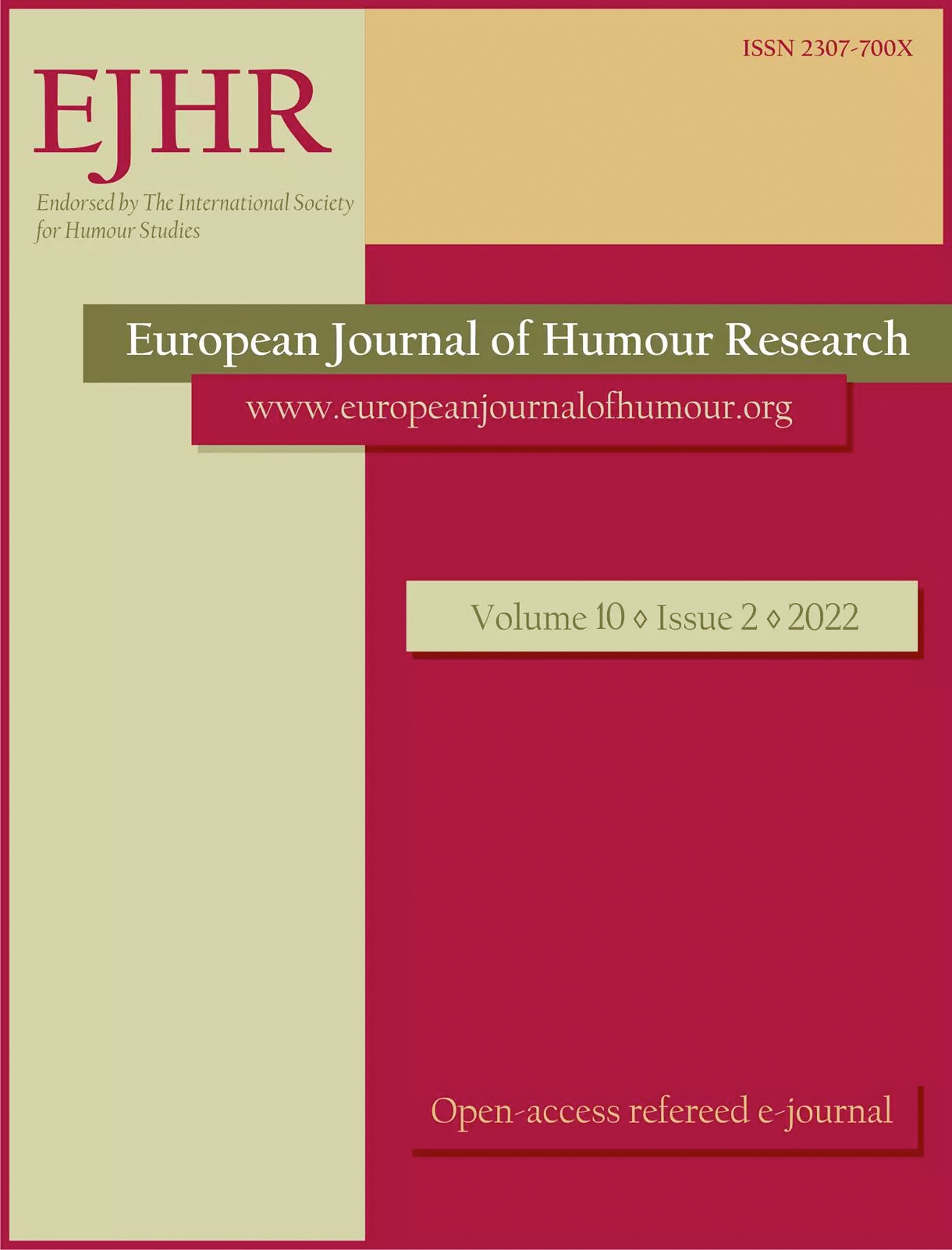Laughing along?
Laughing along?
Negotiating belonging as a workplace newcomer
Author(s): Meredith MarraSubject(s): Anthropology, Social Sciences, Language and Literature Studies, Psychology, Applied Linguistics, Communication studies, Sociology, Sociolinguistics, Social psychology and group interaction, Organizational Psychology, Behaviorism, Identity of Collectives
Published by: Krakowskie Towarzystwo Popularyzowania Wiedzy o Komunikacji Językowej Tertium
Keywords: workplace discourse analysis; belonging; laughter; Community of Practice; group identity
Summary/Abstract: Successfully joining a new workplace community is demanding, especially when this involvescrossing national boundaries in addition to team boundaries. For outsiders, humour is anarea that arguably presents a challenge to full participation, particularly when localunderstandings are not shared, nor even recognized as distinctive. Newcomers face thechallenge of navigating the trajectory from legitimate peripheral member towards core status(adopting the terms of the Community of Practice model). This involves cooperating withothers in interaction, including engaging with humour and laughter as a way of indicatingbelonging. Here belonging is operationalized using the two dimensions proposed by Antonsich(2010), namely (1) a sense of belonging and (2) the politics of belonging as evidenced throughnegotiation with others. Applying an Interactional Sociolinguistic approach, I offer analysis ofnaturally occurring workplace interactions and reflections from skilled migrant interns in NewZealand workplaces. I discuss the place of laughter in attempts to demonstrate teammembership, arguing that these attempts at belonging require the cooperation andendorsement of insiders. The findings indicate that, however benevolently intentioned, thelocal colleagues’ use of humour, and their reactions to the humour and laughter produced bythe skilled migrant interns, often results in a sense of othering and exclusion. This is keenlyfelt by the interns who note the difficulties that taken for granted practices create in theiracceptance and progress. In many cases the result is laughing along, as an outward signal offit, rather than laughing with which suggests a deeper sense of belonging.
Journal: The European Journal of Humour Research
- Issue Year: 10/2022
- Issue No: 2
- Page Range: 135-151
- Page Count: 17
- Language: English

